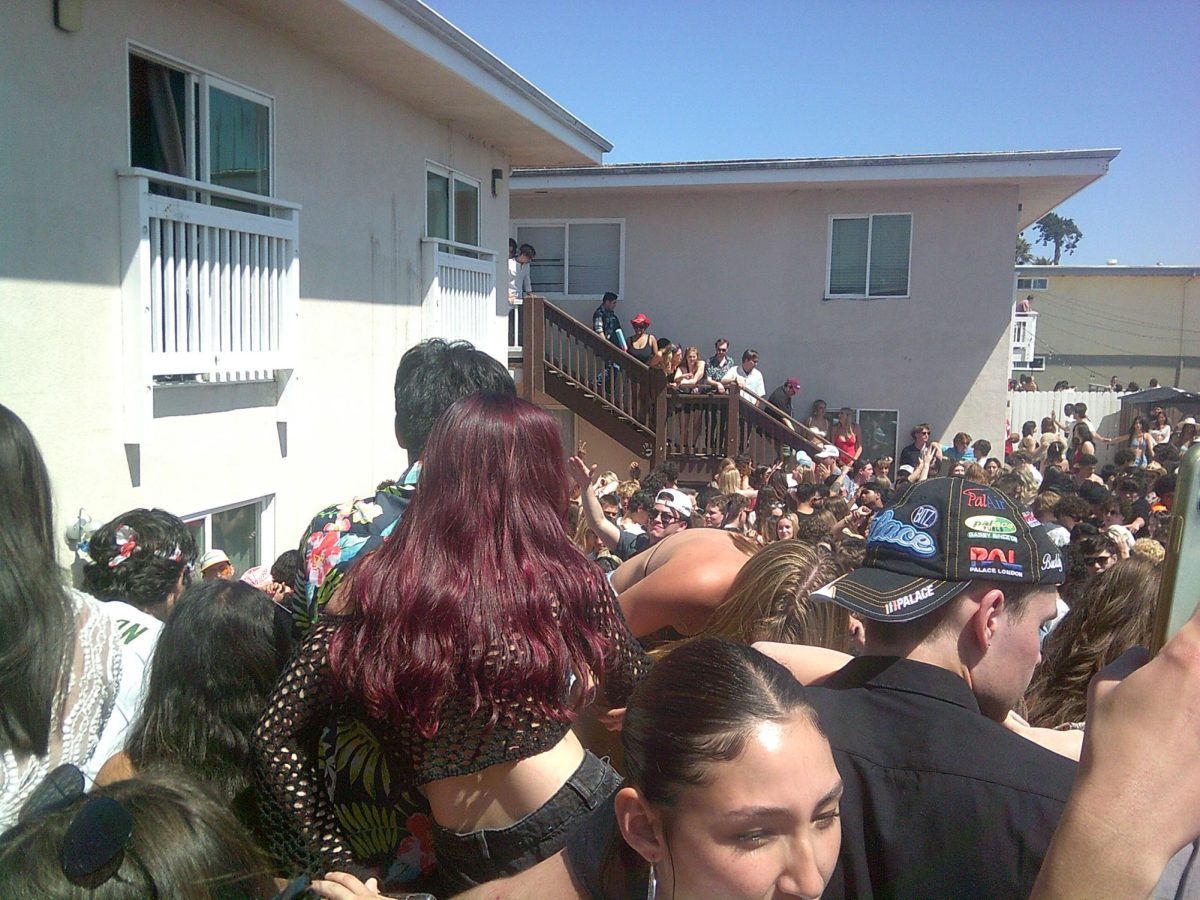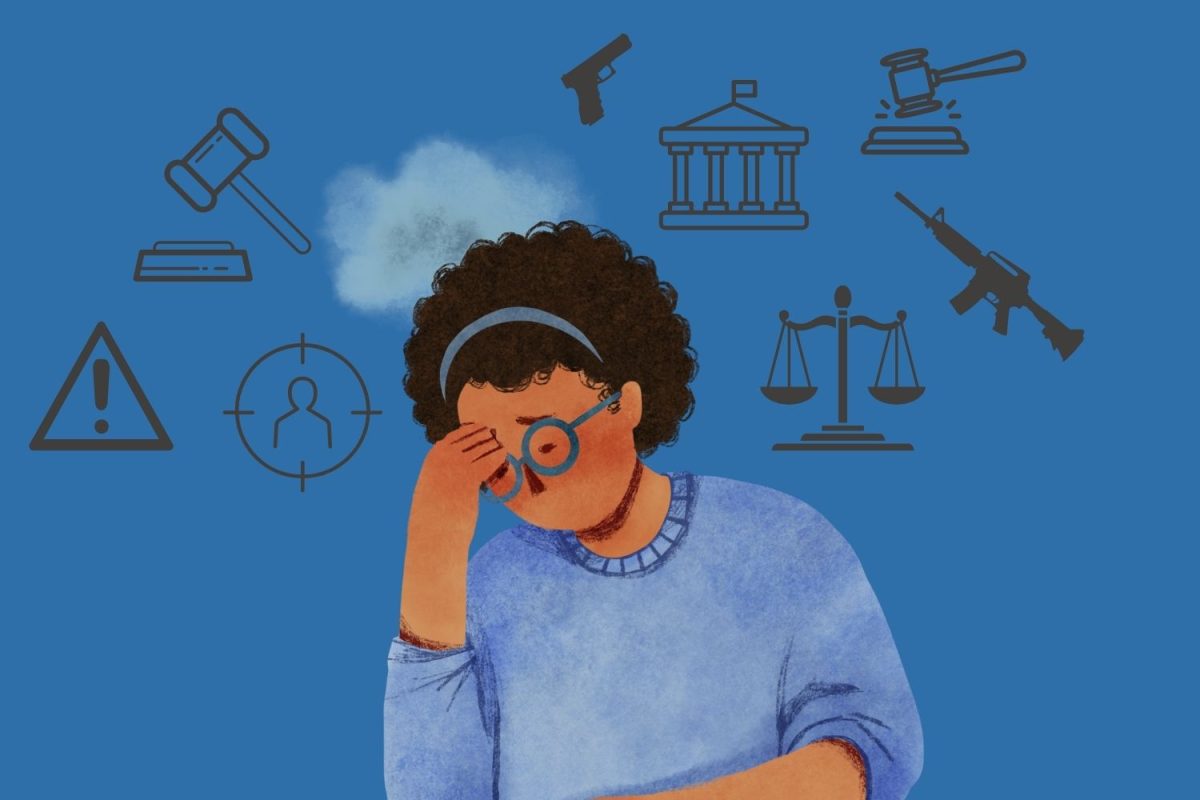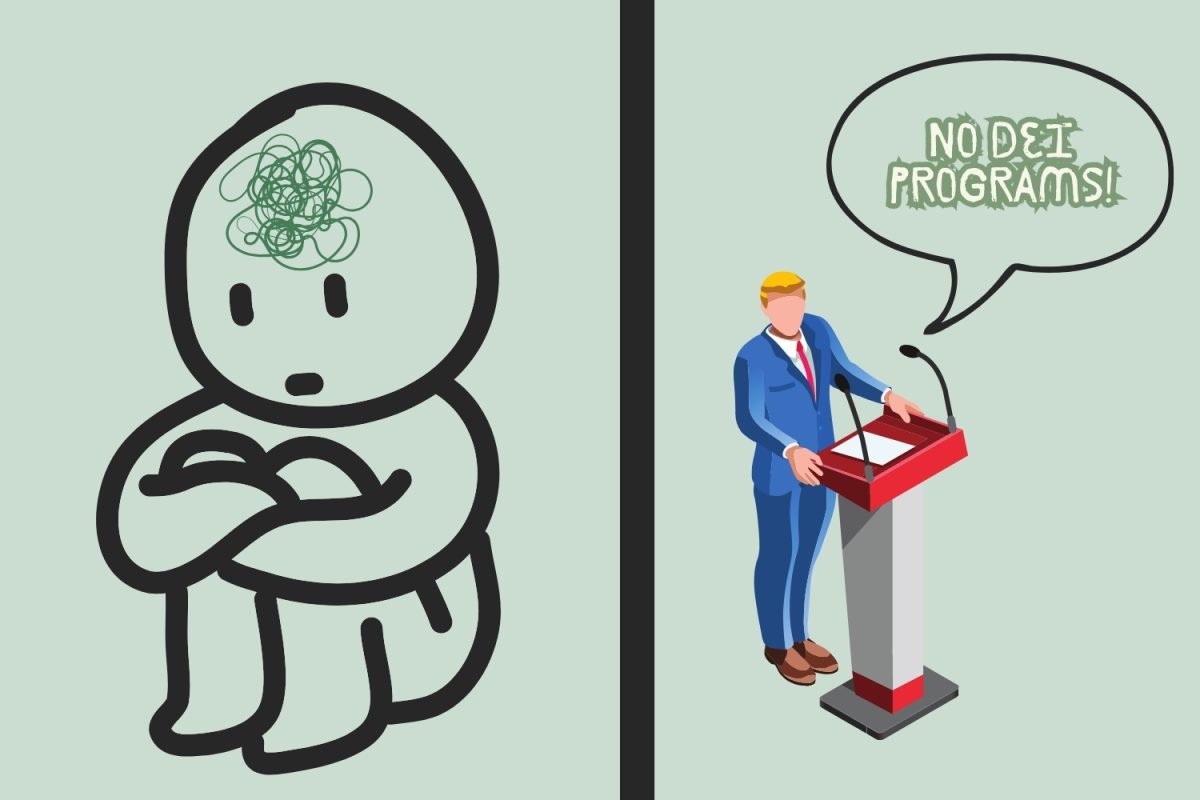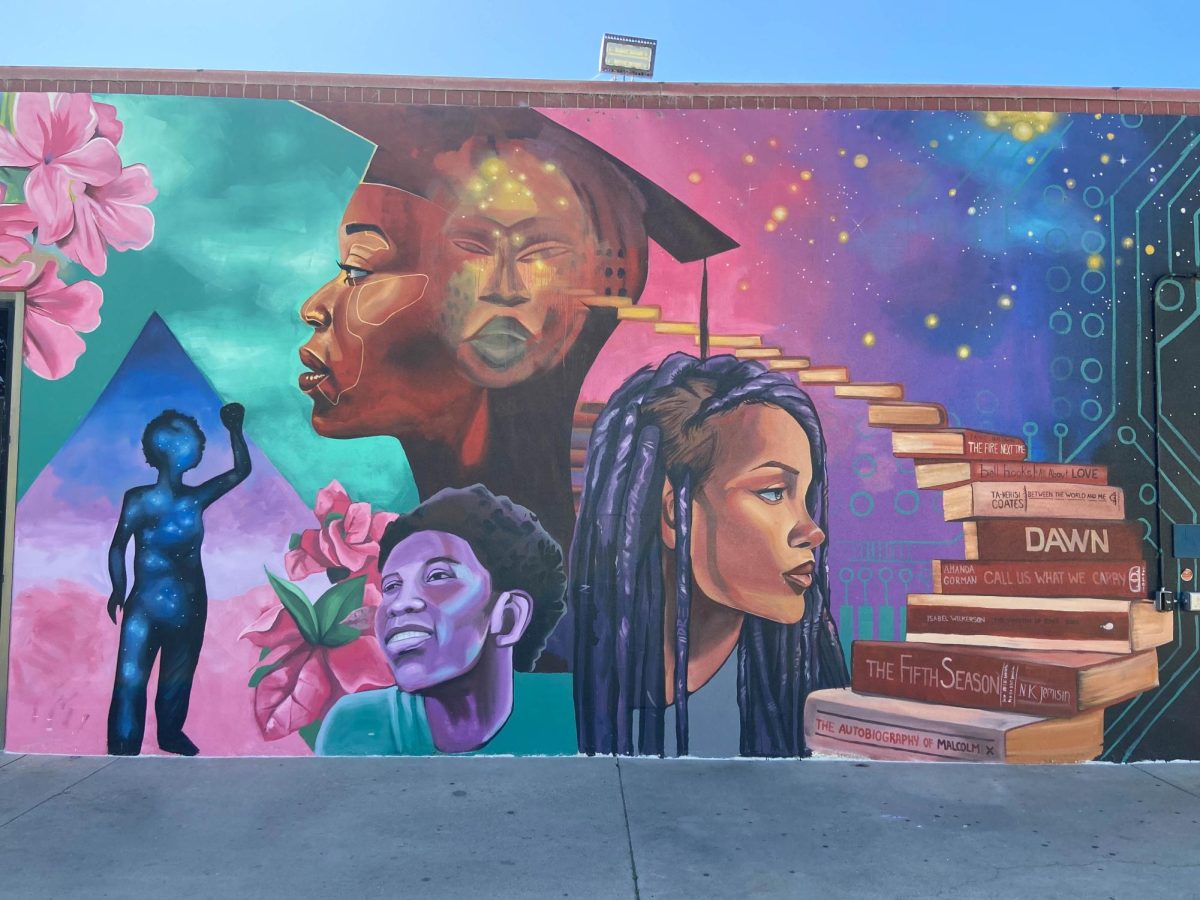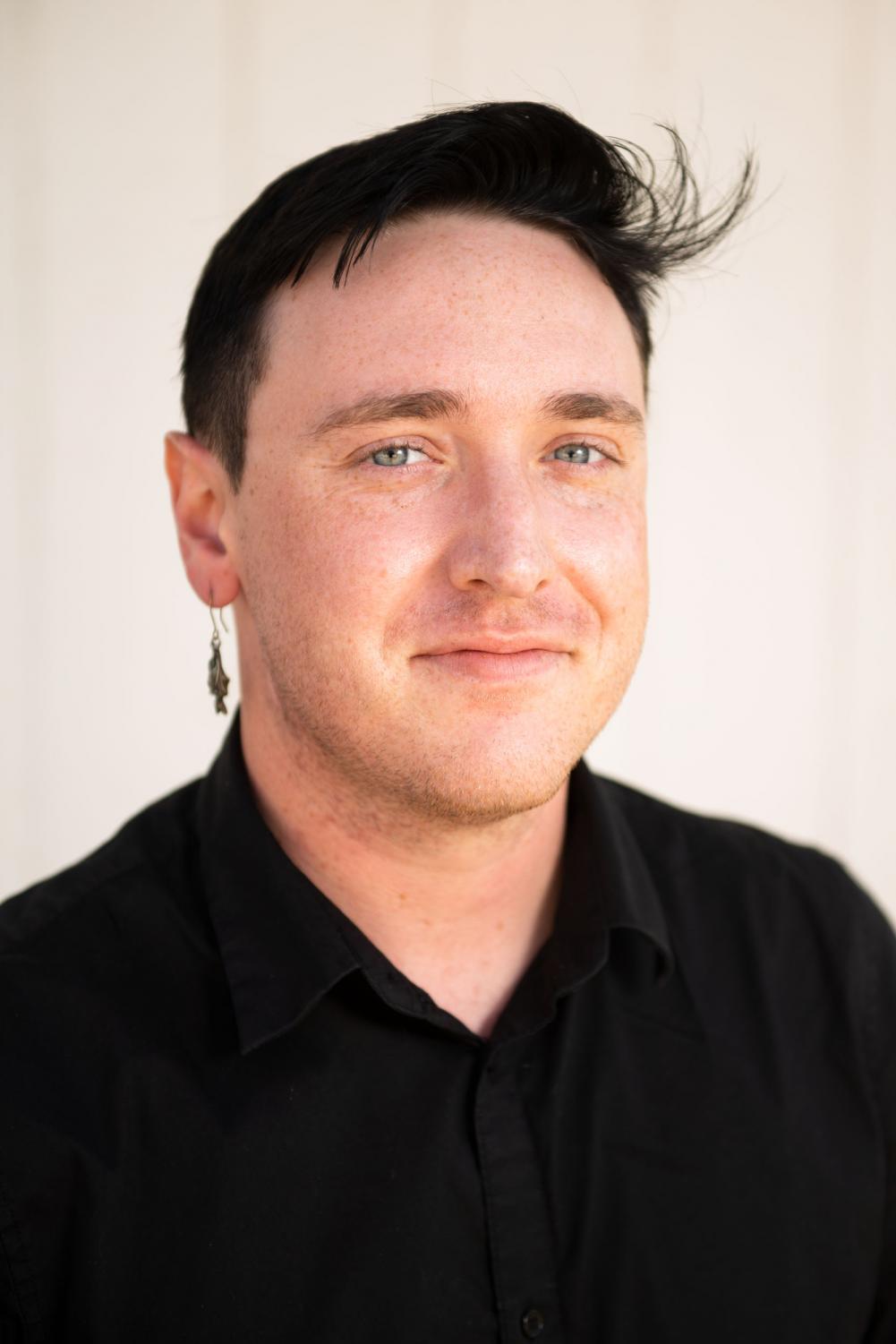 My younger brother Clark was diagnosed with autism at 5 years old. Little did I know at that time, that diagnosis would change the course of my entire life.
My younger brother Clark was diagnosed with autism at 5 years old. Little did I know at that time, that diagnosis would change the course of my entire life.
Clark is now 20. He lives with my parents and me, is about 5’3”, has impaired vision, a speech impediment, delayed motor skills and is intellectually about 9 years old.
This is because later in his life it was discovered that he also has Bardet-Biedl syndrome, a rare genetic disorder that one in 300,000 children are born with. It’s similar to Down syndrome, except instead of a missing chromosome, some chromosomes are mutated causing the aforementioned symptoms.
Despite all of this, Clark tries his best to live a “normal” life. He goes to Ventura College as part of a special needs program, fills up at least one 150-page composition notebook each day with his sketches and loves to watch old black-and-white horror movies.
I love my brother more than anything in this world, I would give my life for him and so would my parents.
But this unbridled love and dedication is also part of a much larger issue that would cause me to undergo years of therapy, cause my mother multiple psychotic breakdowns, and initiate an estrangement between my parents and me, even as we continue to live under the same roof.
There was an initial fear that I might have had special needs too, so I was tested and monitored in school. These tests didn’t have much of a conscious effect on me, but subconsciously it cemented the fact that my life was different from other kids.
When it became evident that I didn’t have any noticeable signs of autism or any other conditions, my situation became very complicated, especially in my teenage years.
I was expected to be a gleaming, perfect example of a person. Someone that my parents didn’t have to worry about. I wasn’t allowed to make mistakes, get in trouble, have any grades below a B, or need anything that cost more than $20.
If I did any of these things, my quick-tempered dad would scream and yell as he trashed my room. He’d then tell my mom she wasn’t doing enough, causing my mom to hit herself until he stopped yelling and tell me that it was my fault.
This, in turn, would trigger an autistic meltdown from my brother, get the cops called on us by a neighbor, wash, rinse, and repeat for the last 10 years.
To sum it up, having a brother with special needs left us with a significant burden. It left me feeling isolated, alone and with unrealistic expectations of myself.
My mom dedicated her life to helping adults with special needs and neglected her own mental health because of it. My dad became cynical and resentful towards his own son for not living up to the perfectly curated vision he had of the adult that I was supposed to be.
If I can offer any advice to parents or siblings who also have a loved one with special needs it would be this.
It’s not your fault.
If you’re feeling drained, it’s not on you. Our medical system does not provide adequate resources to relieve this burden from families.
Don’t neglect yourself.
It’s very common for parents or siblings to put their needs second because having a family member with special needs has trained us to be selfless. It’s an admirable quality that can be detrimental when taken to the extreme.
Don’t neglect others in your family, either. While it’s true that most relatives of someone with special needs seem selfless, the inverse effect can also be present. One could go from not paying attention to someone to hyper-focusing on their faults in an instant. Balance your attention and love with all members of your family.
Despite everything, I love my brother more than anything in this world. I would give my life for him and so would my parents. But in many ways, we all did.



